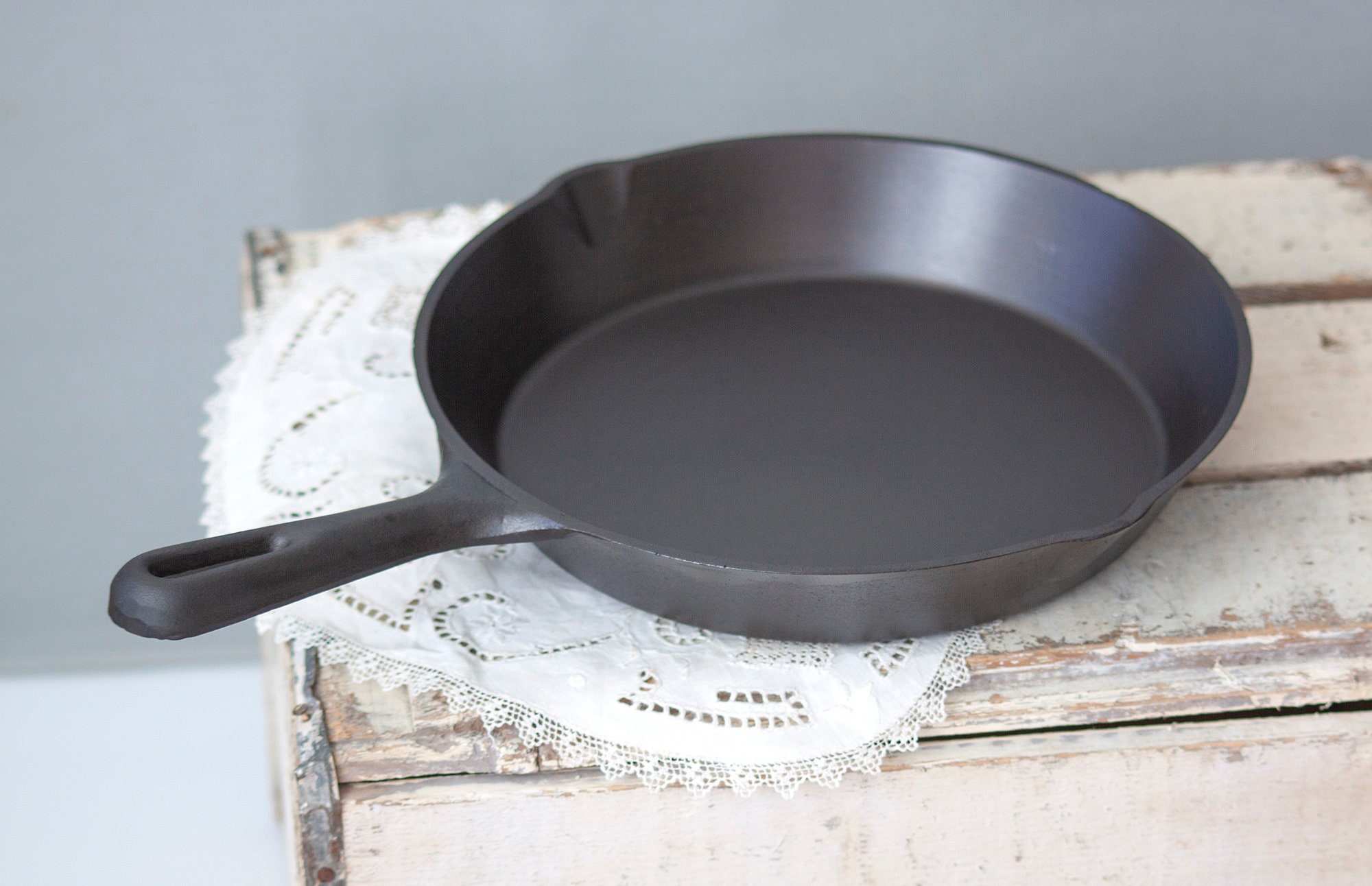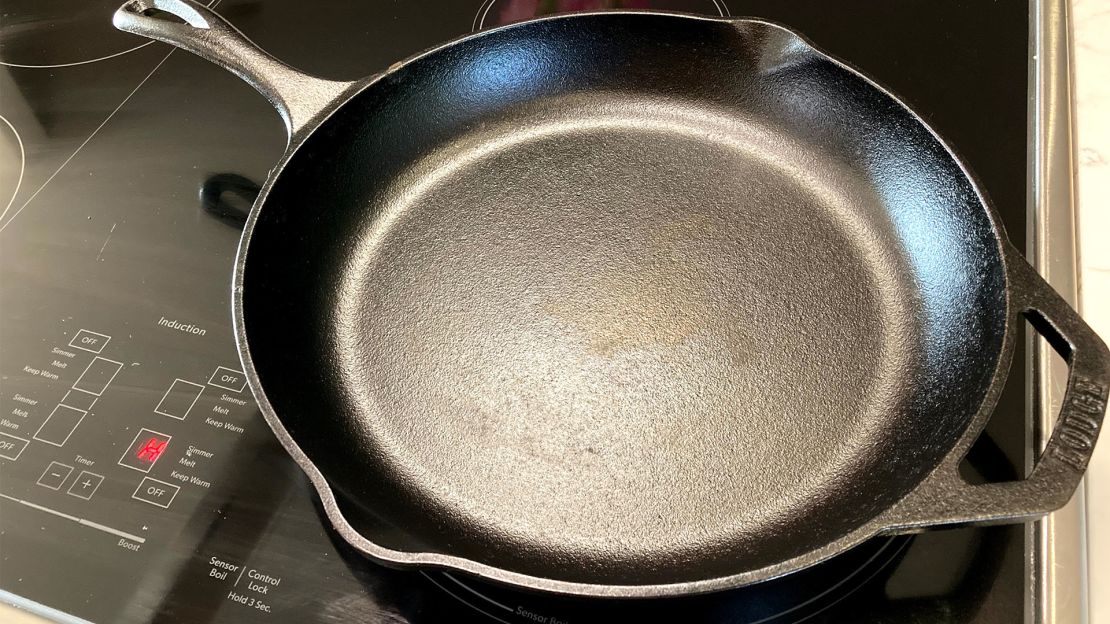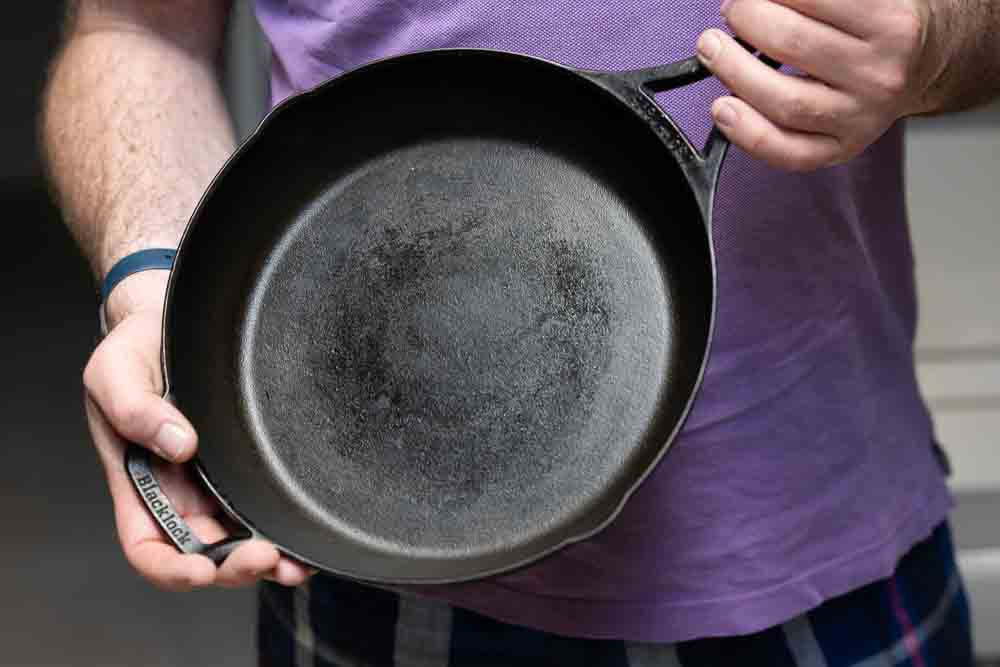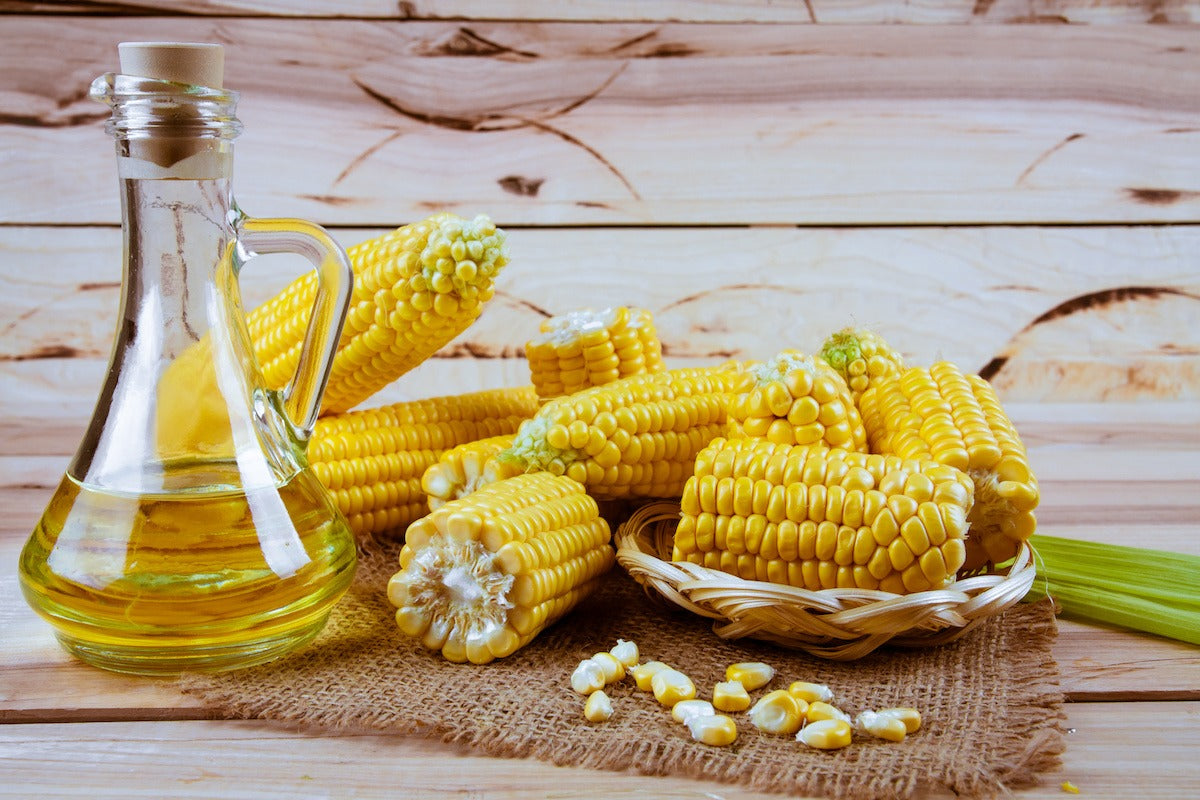Working with a cast iron skillet can be a dream for any kitchen professional, offering remarkable heat retention and cooking benefits. However, if you're not careful, you might find yourself grappling with a common challenge: how to keep cast iron skillet from smoking. This article will lay out some exclusive techniques and tips that will not only help you maintain your skillet but also enhance your cooking experience.
When it comes to **cooking** with a cast iron skillet, understanding its handling and maintenance is vital. Even seasoned chefs can encounter issues, and learning how to manage the smoke from your skillet is a life-changing skill to have. Smoke can arise from various reasons, including excessive heat, incorrect oil, or even improper seasoning.

The Science Behind Smoke in Cast Iron Skillets
To truly grasp how to keep cast iron skillet from smoking, we need to first understand why smoke occurs. Oftentimes, its due to the polymerization of fats used during cooking. When cooking oils reach their smoke point, they can create an unpleasant aroma and cause your food to taste burnt. The smoke point is the temperature at which fat begins to smoke, which varies depending on the type of oil. Knowing these temperatures can help in choosing the right fats for your cooking processes.
Identifying the Right Cooking Fat
Choosing the right cooking fat is incredibly important when aiming to reduce skillet smoke. Common cooking oils like olive oil have a lower smoke point, around 320F to 410F, whereas oils like grapeseed oil can withstand higher temperatures, sometimes reaching up to 420F. Always consider the smoke point of oils and fats to **prevent** excessive smoke during cooking.
Using oils with a higher smoke point decreases the chances of smoke appearing while cooking, allowing you to focus on perfecting your culinary skills without worrying about smoke ruining your dish. If you're unsure of the smoke points of various oils, its worth doing some research or referring to a detailed guide.
Properly Seasoning Your Cast Iron Skillet
One of the essential steps in ensuring your cast iron skillet performs well is proper seasoning. An unseasoned or poorly seasoned skillet can lead to food sticking, which may also increase smoking. Seasoning creates a natural, easy-release cooking surface, provides flavor, and helps protect the skillet from rust. Heres a quick refresher on how to properly season your skillet:
- Clean: Start by cleaning your skillet thoroughly, using hot water and a stiff brush. If theres any rust, you can use a steel wool pad to remove it.
- Dry: Ensure the skillet is completely dry; moisture can ruin the seasoning process.
- Apply Oil: Use a high-smoke point oil to coat the skillet lightly, including the bottom and handle.
- Bake: Place the skillet upside down in a hot oven (around 450F) for an hour to allow the oil to polymerize. This creates a protective layer on your skillet.
After seasoning, be sure to maintain this layer by using a small amount of oil in your cooking and avoiding soap when cleaning.
Avoiding Common Mistakes
Kitchen professionals should also be aware of common mistakes that can lead to smoking. For instance:
- **Using too much oil:** Excessive amounts of oil can easily exceed its smoke point.
- **Cooking at high temperatures:** While cast iron skillets are great for high-heat cooking, it's crucial to monitor the heat closely.
- **Not letting the skillet heat up properly:** Extreme temperature changes can lead to smoke and may damage the skillet's surface.
Maintaining Your Skillet After Cooking
The way you treat your cast iron skillet after cooking also plays a crucial role in keeping it in top shape and minimizing smoke in future uses. Here are a few tips:
- Cleaning: Avoid soaking your cast iron skillet. Instead, use hot water and scrub with a stiff brush or a special **cast iron cleaner**.
- Dry immediately: Always dry the skillet immediately after washing to prevent rust.
- Reapply oil: Once dry, apply a thin layer of high smoke point oil to maintain the seasoning and prevent rust.
Following these maintenance steps will keep your skillet from smoking and enhance its lifespan and performance.
When to Replace Your Skillet
Sometimes, despite our best efforts, cast iron skillets can become too warped or pitted. If your skillet is continuously smoking regardless of what you try, it might be time to consider a replacement. Look for signs like:
- **Multiple chips** in the surface.
- **Heavy rust** that doesn't clean off.
- **Warps** that prevent even cooking.
Additional Resources
If you're seeking more information about maintaining a cast iron skillet, you might find the following resources helpful:

FAQs
1. What should I do if my cast iron skillet keeps smoking?
If your cast iron skillet keeps smoking, consider the cooking fat you're using and whether the temperature is too high. Ensure that your skillet is properly seasoned and maintained.
2. Is it necessary to season my cast iron skillet regularly?
Yes, regular seasoning helps maintain a good non-stick surface, improves flavor, and prevents rust and smoking.
3. Can I use soap to clean my cast iron skillet?
It is best to avoid using soap, as it can strip away the seasoning. Instead, use hot water and a stiff brush for cleaning.
As an Amazon Associate, I earn from qualifying purchases.






Leave a comment
This site is protected by hCaptcha and the hCaptcha Privacy Policy and Terms of Service apply.